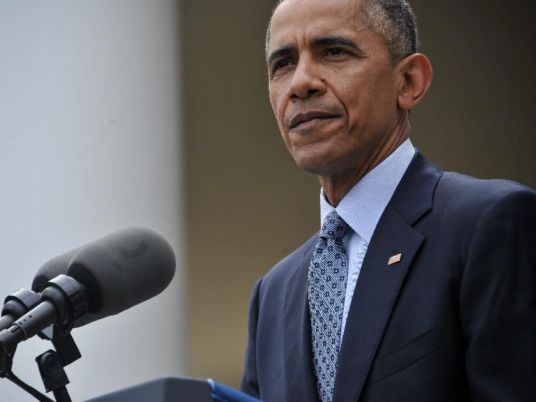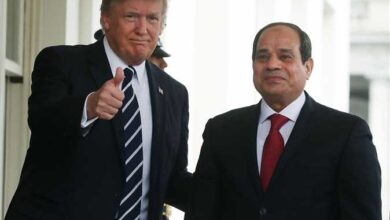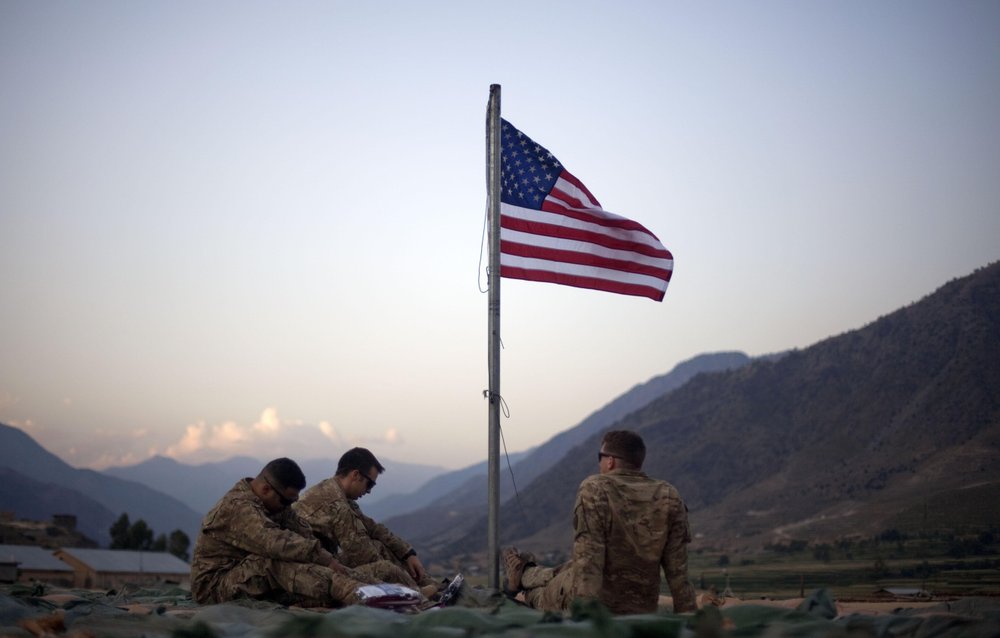
The Obama administration criticized Egypt’s lack of progress along the democratic roadmap it set forth following the new military-backed government, yet stressed that the country should still continue to receive the annual bundle of US military and economic aid.
In a May 12 report to US Congress, the White House made the case that despite the shortcomings of the new government under Abdel Fattah al-Sisi, Egypt and the United States still share many critical common interests, which merit the resumption of US aid.
These interests include maintaining the peace treaty with Israel, counter terrorism cooperation, fighting the Islamic State, organizing Syrian secular opposition factions, helping the Saudi-led coalition in Yemen, maintaining US military priviledges in the Suez Canal as well as overflight approvals, and improving the climate for US businesses in Egypt, among others.
The report described the Egypt's democratic trajectory as an “overall negative”, citing new executive actions, initiatives and judicial actions that severely limit several key freedoms need to have a successful democracy: the freedom of expression, of the press, of association and of peaceful assembly. The report also highlighted the lack of due process in several high-profile trials, adding that many of these rulings have been political in nature.
Though the report applauded the 2014 Egyptian Constitution, which increased representation of women and Christians as well as added an article for impeachment of a sitting president, it added that the country has still not set a date for parliamentary elections after a court struck down a proposed election law as unconstitutional.
The report also criticized Egypt's protest law, which allows the Interior Ministry to ban any street demonstrations and has led to a surge of arrests. The new terrorist law is also extremely vaguely-worded, the report said, designating anyone a terrorist if they are a “threat to national unity”.
Impunity remains a series problem in Egypt, the report added, as government forces have committed many arbitrary or unlawful killings that have yet to be punished. The report cited the violent dispersals of Muslim Brotherhood protesters at Rabaa al-Adaweya and Nahda squares by army forces that killed at least 1,000.
The two countries are recovering from a spat in relations in 2013 after the US suspended military aid and joint military exercises in response to Egypt's harsh crackdown on political opposition, following the ouster of Brotherhood president Mohamed Morsi.




